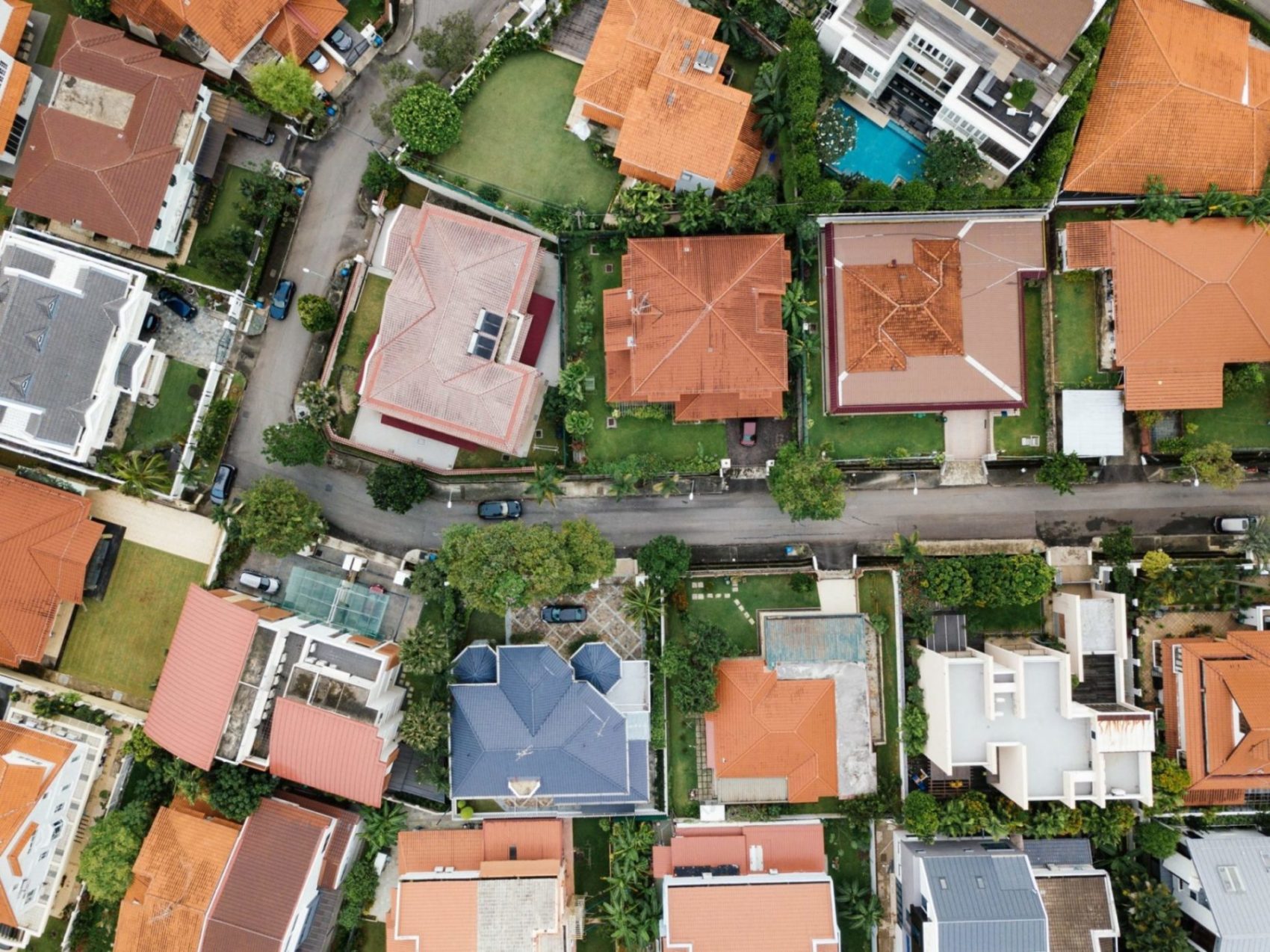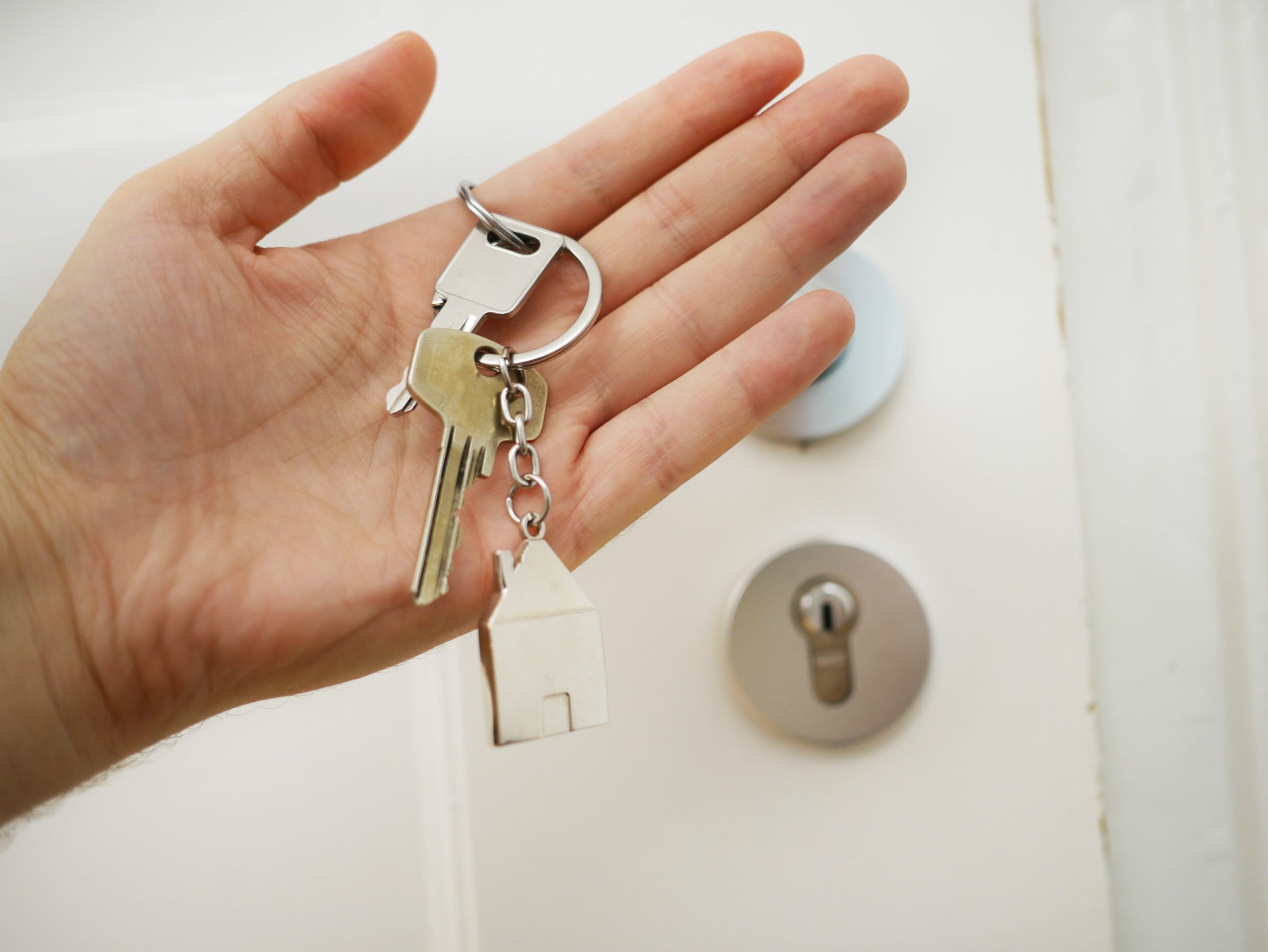We’re Just a Message Away
Reach OutThe fast-paced real estate market we’ve seen over the past year shows no sign of stopping. The price of houses is increasing all over the country. While some places are growing faster than others, we are definitely in an upward trend, which looks like it’s set to continue into 2022 and beyond.
For homeowners, this market may represent an unprecedented opportunity to use your equity to invest and build up your portfolio.
While the term “real estate investor” usually conjures up images of a house flipper, there are many ways to use the value of your home to grow your wealth.
Here are a few ways for homeowners to invest in real estate:
House Flipping
We may as well start with the obvious: House flipping. This means buying a house, fixing it up and selling again as fast as possible. Though a few lucky people have made vast fortunes this way, house flipping is no longer as profitable as it used to be and can be risky.
If you plan to flip in 2022, there are a few things to be aware of. The Liberal Government is working to impose a steep anti-flipping tax on anyone who sells a house after owning it for less than 12 months. Any profits you make are 100% taxable.
In fact, the CRA is already cracking down on house-flippers who are trying to use the Principle Residence Exemption (PRE).
There is a lot more to real estate investing than flipping, however.
Invest in your Current Home
Your equity grows when the value of your home exceeds the amount you owe on it. For example, let’s say your home is worth $800,000, and you still owe $300,000. This means you have $500,000 in equity.
The faster you build your equity, the wealthier you become, as you’ll see in a moment.
How to build equity:
A few well-chosen renovations can vastly increase the value of your home without spending a lot to do it. Kitchen remodels, bathroom upgrades, and thermal windows are often high-value improvements.
A good general rule is that every $2,000 you spend should create $10,000 in value.
What if you’re not selling?
Even if you’re not planning on selling your home, you should still do whatever you can to increase its value. Why? Because the more equity you have, the more borrowing power you have.
If spending $2,000 increases the value of your home by $10,000, your equity grows by $8,000.
With this increase, you may consider buying a second property to grow your wealth in the long run. For many people, this is one of the best ways to use their equity.
You gain immediate passive income through rent payments.
As the value in the second house grows, so does your overall net worth.
These funds can fund your retirement, education, or even allow you to buy another property.
Real Estate Investing: The Practical Side:
Every successful real estate investor works hard to develop solid relationships with contractors. They will help you maintain your properties and ensure that they meet all safety requirements. Some of the contractors you’ll want access to are:
Carpenters: They will handle the framing, cabinet making and fine finishings of the home.
Plumbers: You may think you can fix a clogged drain yourself, but many Do-it-Yourself repairs cost more in the long run.
Roofers: Nothing damages the value of a home like a leaky roof or missing shingles. Having access to a roofing expert ensures your home stays leak-free.
Electricians: A qualified electrician is necessary to ensure the wiring is installed correctly and to code. Faulty wiring is a serious red flag to any home inspector.
Painter: A fresh coat of paint can instantly increase the value of your home, but the job is best left to a professional.
HVAC specialist: A proper HVAC system can save thousands of dollars on heating and air conditioning costs. A tenant who is warm and comfortable is more likely to keep renting.
Landscaper: When a prospective renter or buyer pulls up, you want to make a perfect impression fast. Too often, homeowners neglect their outside curb appeal, which can lower the property’s perceived value.
Now that you have a plan and a list of contacts, one obstacle remains.
How do you finance your investment?
Very few of us are lucky enough to have the money lying around to invest in a second property. This is where your equity in your home comes in. You may have heard the terms “refinancing” or “second mortgage.” Put simply, all it means is borrowing against the equity in your home.
Many banks will offer a home equity loan of up to 80%, with your first home as collateral.
Types of financing available:
Second mortgage:
A second mortgage is a lump sum loan secured by your home. The advantages are a fixed-in rate that is typically much lower than other types of financing. The downside is that if something happens and you default on the loan, you could lose your home.
Home Equity Line of Credit:
This is a line of credit secured by the equity in your home. You can access these funds any time, so it’s perfect for emergency funding. The downside is that it allows for impulse spending and interest rates are subject to change. Your monthly payment amount will also change depending on how many funds you access.
Reverse mortgage:
If you are over 55, you may qualify for a reverse mortgage, which lets you borrow up to 55% of the equity in your home. This option is less risky because you’re not required to make regular payments. The loan is only due when you sell, move out, the last borrower dies, or if you violate the terms and conditions. The disadvantage is that the interest rate is higher than other equity loans.
Although no venture is risk-free, the real estate market still offers one of the safest ways to get a high return on investment. If you want to see what properties are available in the Bay of Quinte, check out our featured listings here.








